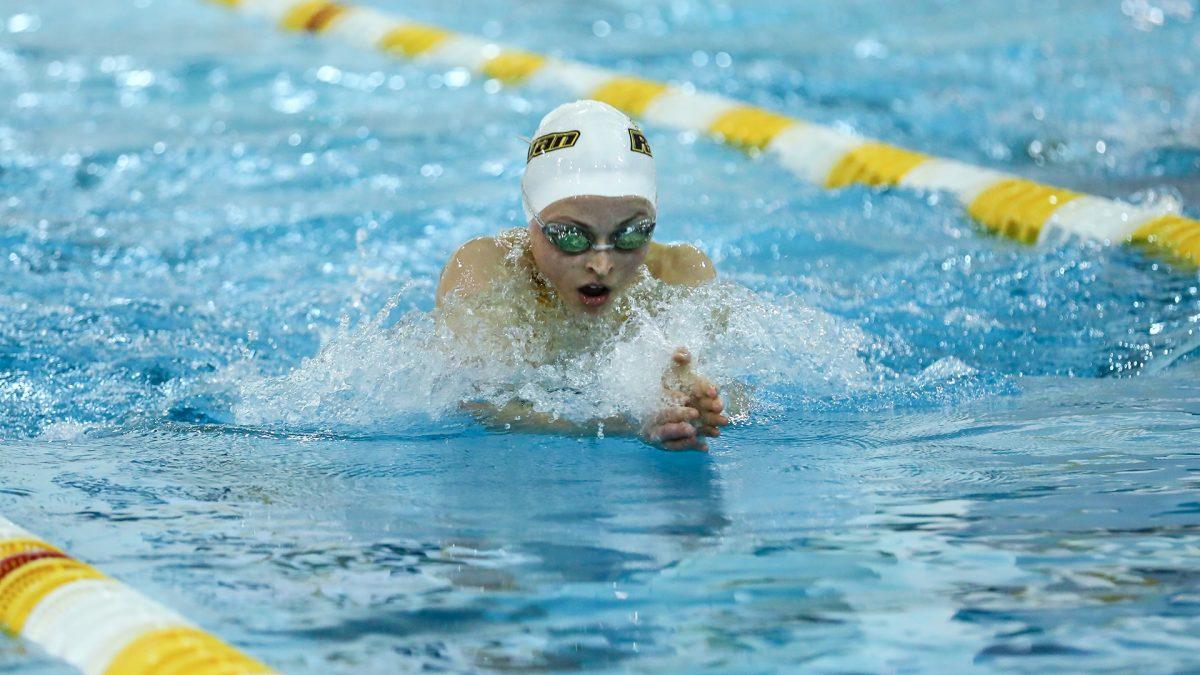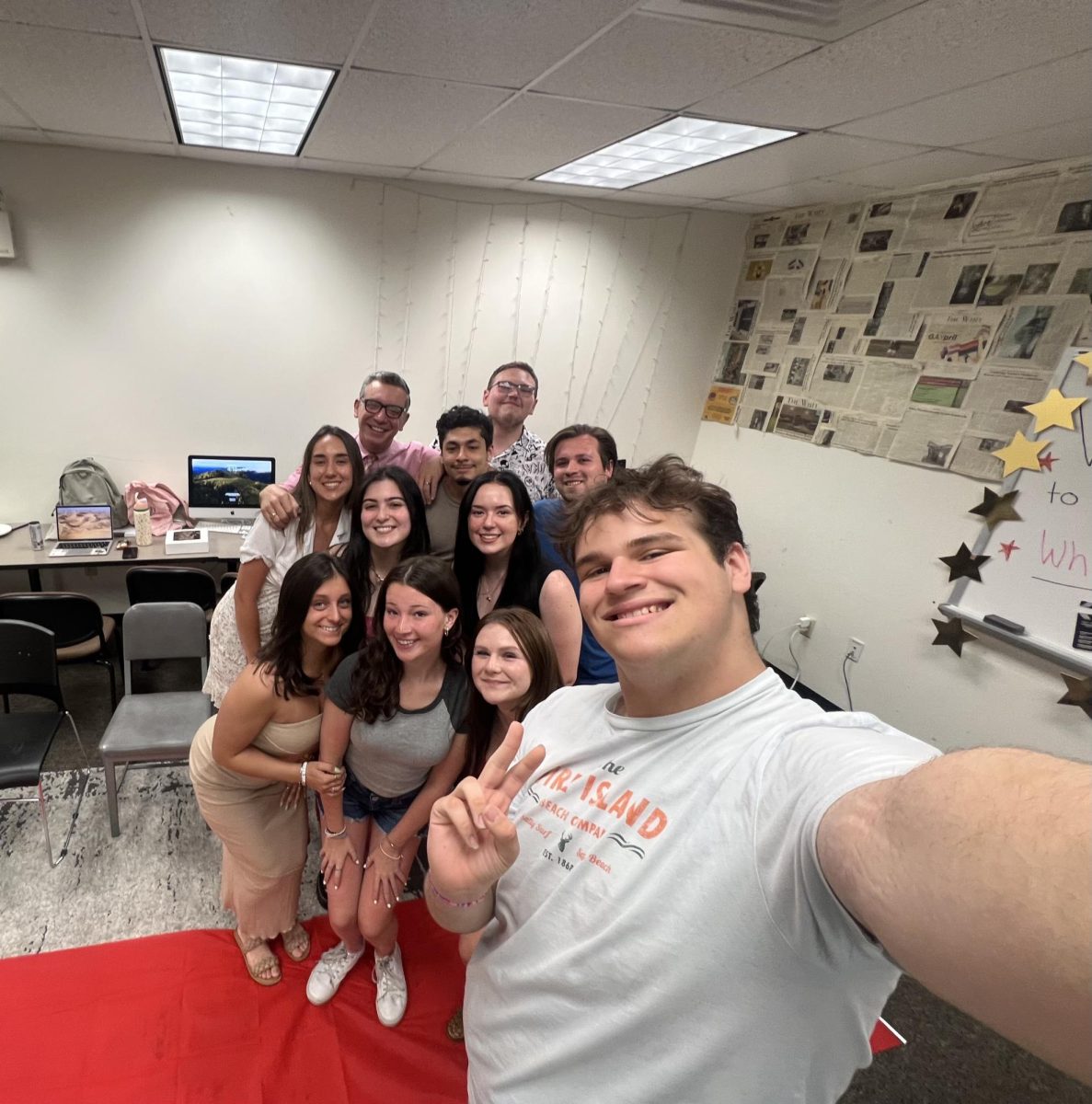As a member of the varsity swim team for all four of my years at Rowan, the amount of time we spent training weekly qualified as having a part-time job. My classmates and parents often questioned my reasons for devoting myself to such a grueling regimen, one which had the potential to exhaust the reserves of time and energy that I should be channeling toward my coursework.
Electing to pursue DIII athletics can seem like a fruitless endeavor to outsiders – since DIII schools can’t give scholarships to athletes, likely won’t lead to professional athletic opportunities and are unlikely to result in endorsements even with lifting NCAA restrictions. Most people seeking the physical and mental benefits of consistent exercise might just join a gym rather than a sports team. However, I have no regrets – being a member of the DIII athletics community showed me how to be more engaged with my own life and with the lives of other people in multiple ways, and it granted me a richer college experience while teaching me valuable life skills.
I didn’t choose to swim in college so I could receive a coveted Gatorade endorsement. For me, swimming was grounding; it was the one constant in an ever-changing world of challenging coursework and new deadlines. While in the pool, I could access a world of my own where outside pressures and demands would seemingly dissolve into the water around me. The goals I set for myself in swimming motivated me to get out of bed with hunger and intention, and this mentality bled over into other areas of my life. My sport taught me to find joy in the mundane, and while I continued to set goals for myself, my focus shifted from winning races to cultivating my personal talent for the benefit of my school.
Yet swimming did more than mold me into a focused individual – it taught me how to be a good team member.
In life, we constantly interact with others. Despite the individualized nature of swimming, a team is only as strong as its weakest link, and behaving solely out of self-interest undermines the whole team. No matter how talented somebody is, they cannot single handedly carry the entire team to victory. Every person has specific strengths that must be appreciated in order for a team to be effective, as each of its members must strive for individual success and cooperate with one another while doing so.
Swimming has a culture on its own, but to be part of any team is to be part of something greater than yourself. Most of what we feel in life is whether or not we experience things that are in line with our desires. One can live a more enjoyable life by getting more of what they want, but this will not grant fulfillment. Swimming taught me that satisfaction comes from creating and contributing value to others: working for what you want through honest, hard work and self-transcendence by helping others get what they want.
The underlying reward is attainment of personal competence, which is a reward that cannot be taken, given or tarnished as easily as money.
When the lure of monetary rewards is removed, all that remains is love for what you do and a desire to be the best you can be. Isn’t that how we all should live?
For comments/questions about this story, tweet @TheWhitOnline.

























































































































































!["Working with [Dr. Lynch] is always a learning experience for me. She is a treasure,” said Thomas. - Staff Writer / Kacie Scibilia](https://thewhitonline.com/wp-content/uploads/2025/04/choir-1-1200x694.jpg)










































